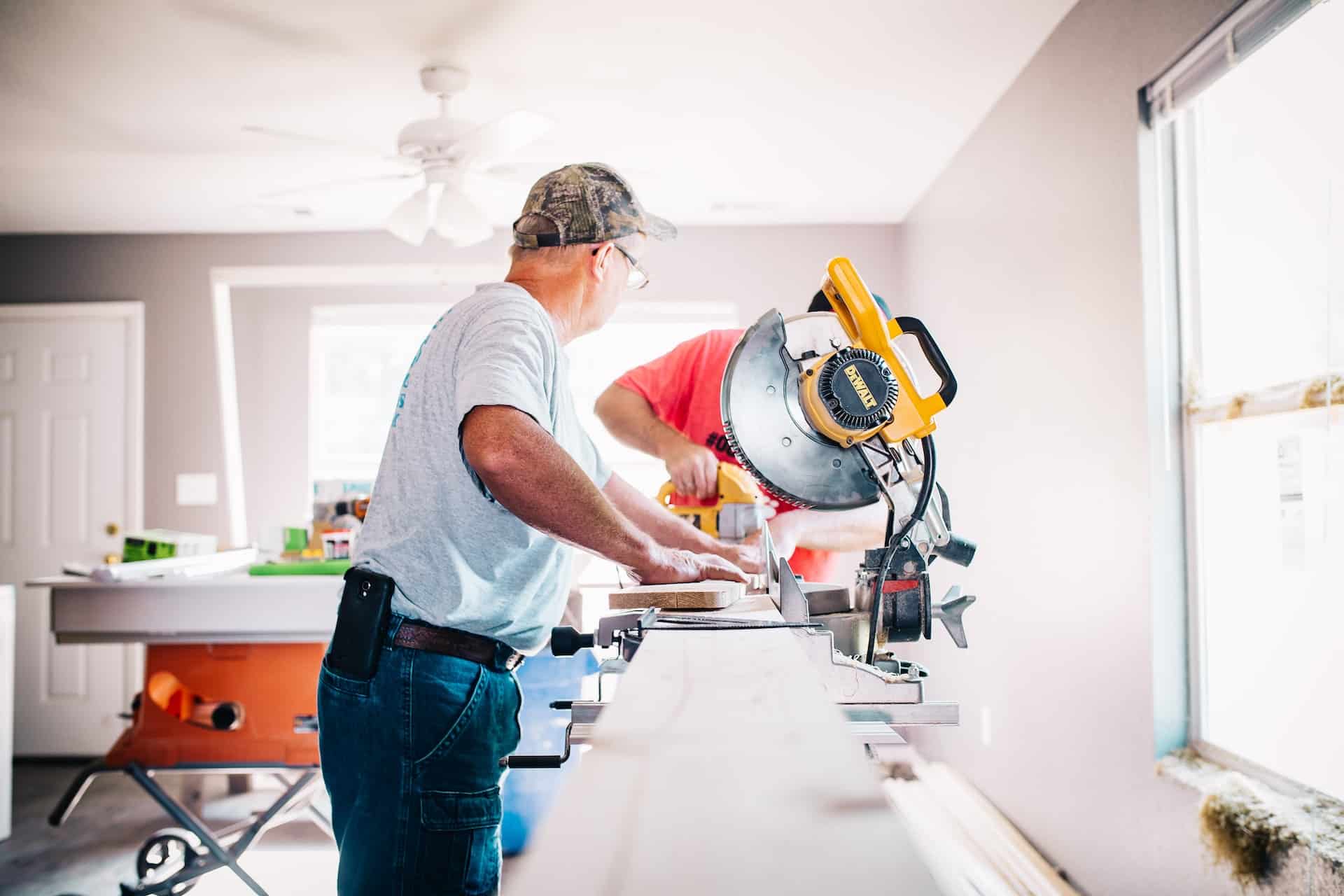Outdoor decking is an important addition to any outdoor space. It can provide a great place to relax and enjoy the outdoors while also adding to the overall aesthetic of your home. Choosing the right material for your outdoor decking can be difficult with so many options available. Here are seven things to consider when selecting outdoor decking material:
1. Heat Resistance
When selecting the perfect decking material for your outdoor space, it’s important to consider how the surface temperature of the decking will affect your experience. Whether you’re planning a summer barbecue or a relaxing Sunday morning breakfast al fresco, you don’t want to be dealing with a scorching hot deck that’s too hot to walk barefoot.
2. Foot-Friendliness
You can decide between wood and synthetic decking, so it’s important to consider the benefits and drawbacks of each. Wood decking is known for its natural beauty but has some drawbacks. One of the most common issues with wood decking is splinters. Wood decking requires more maintenance than synthetic deckings, such as staining and sealing.
Synthetic decking is often seen as a more durable and low-maintenance option. While this may be true, there are some drawbacks to synthetic decking. One of the most common issues is static electricity, which can be uncomfortable and dangerous. Synthetic decking can also become slippery and dangerous when wet, so proper maintenance is important.
3. Maintenance
Wood decking needs to be maintained regularly to keep it looking nice. This includes cleaning it, sanding any rough areas, staining to protect it, sealing to keep moisture out, and painting to keep it looking fresh. It is a good idea to get a sample of the different types of wood decking you are considering to see how difficult it is to clean and how easily it stains.
4. Fade and Stain Resistance
When it comes to outdoor decking, you want to ensure you’re investing in a material that will withstand the elements and look good for years to come. To test stain resistance, apply a small amount of a common household stain, such as ketchup or coffee, to a sample of the material and let it sit for a few minutes. After a few minutes, use a damp cloth to wipe away the stain and see how well the material resisted the stain. If the stain remains, likely, the material won’t hold up well over time.
5. Waterproofing
Using wood for outdoor decking can be risky because it is prone to absorbing water, which can cause mildew, mold, rot, and insect infestations. Synthetic decking materials are a better option for outdoor decks because they are less likely to absorb moisture and are more resistant to water damage.
6. Tolerance to Harsh Weather Conditions
The best outdoor decking material should be able to tolerate the effects of the weather, including rain, snow, and extreme temperatures. It should be waterproof to protect against water damage, remain stable and not shift or warp, and have a low rate of expanding and contracting due to temperature changes.
7. Warranty
Companies that sell pressure-treated lumber, PVC, and HDPE decking offer a limited lifetime warranty with their products. Additionally, many wood composite decking products come with a 25-year warranty. However, it’s important to read the terms and conditions of each warranty carefully, as they all cover different issues.
Conclusion
When choosing outdoor decking material, it is important to consider all available options, your budget, maintenance, durability, and environmental friendliness. While there are a variety of materials to choose from, each has its own set of pros and cons that should be weighed to make the best decision for the outdoor space. Ultimately, the best decking material is the one that best meets the needs and budget of the homeowner.
Clear Choice Contractors is a locally owned and operated company that builds one-of-a-kind outdoor living spaces. We specialize in decks, swimming pools, concrete and pavers, and painting. If you need custom decks in Michigan, we’ve got you covered! Get in touch with us today and let’s talk!
